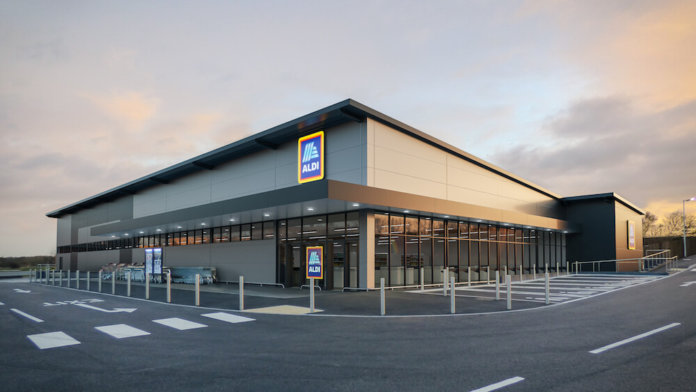
The dream of owning a family business is often borne from the idea of brother working besides brother or parents beside children as they prosper and grow the business together. And while there have been many who have lived this dream, many others have faced a radically different reality, in which a budding family enterprise falls apart as family members split and part ways.
Embodying the worst case scenario are the Dassler brothers, whose bitter split led them to compete ferociously in the athletic wear industry with their respective companies, Adidas and Puma. Although both companies went on to achieve great success, the personal enmity that followed them to their graves is still the stuff of legend in their native Germany.
At the other end of the spectrum however, is another pair of German brothers, Karl and Theo Albrecht who, like the Dasslers, decided to part ways after first working together. In their case though, the split was amicable and they even went as far as dividing up geographical territory so as not to compete with one another in the same space, a move that continues to pay off handsomely today, with their red-hot Aldi supermarkets making inroads all over the world.
The Birth of Aldi
The journey of the Albrecht brothers began in 1946 when they took over their mother’s local grocery store, which first opened in Essen, Germany in 1913. They expanded the franchise throughout the 1940’s and 50’s and by the time 1960 rolled around, the brothers were operating more than 300 stores throughout the country. The pair was known for efficient and complementary working styles and it is widely believed that Karl was responsible for purchasing while Theo was in charge of sales and store management.
Like many other family businesses, the company’s corporate philosophy mirrored the founder’s personal philosophy, which valued frugality above all. The Albrecht family believed that good food should be available to people at a low price, and to this end, they ran their business in a no-frills and almost bizarre fashion. They didn’t sell fresh meat products in order to save money on refrigeration costs. They limited their product line to just 500 in total, about a tenth of what their competitors offered. The vast majority of these products were exclusive private label brands available only at their stores. This exclusivity, combined with the lower prices, often led to word-of-mouth business, which made up for the fact they didn’t spend any money on advertising. It was an unorthodox yet ultimately successful approach that fueled growth for decades.
The Breakup
And yet, it all came to a screeching halt 1960, when the company abruptly split into two. The Albrecht brothers were famous for keeping family matters private so nobody is exactly certain as to what precipitated the break, but the most popular theory is that it was due to a disagreement over whether or not to sell cigarettes. Regardless of the reason, the business was rebranded into what we know today as Aldi (for Albrecht Diskont) and was split into separate corporate entities: Aldi Süd (South), run by Karl and Aldi Nord (North), run by Theo.
Throughout the 1960’s and 70’s, both businesses thrived, although not at the same pace. Aldi Süd grew much faster than its counterpart, and many credit this performance to Karl’s ability to quickly adapt to changing times and expectations. One significant example involves rapidly expanding Aldi Süd’s product line to align with evolving consumer demands and preferences. Yet despite these differences, the companies maintained a surprising level of coordination, as it would occasionally unite as one when negotiating with suppliers, and to this day, maintains a singular website for both brands.
Within 20 years following the split, Aldi’s had collectively expanded into three key international markets: the United States, the United Kingdom, and France. As per their divided territory policy, Aldi Süd took the U.K., Aldi Nord took France, and the U.S. was divided between Aldi Süd’s American franchise and Aldi Nord’s subsidiary Trader Joe’s. Today the company collectively operates more than 10,000 stores worldwide with an estimated combined turnover of more than €50 billion.
With both Albrecht brothers having passed away, the companies continue to maintain its unique separate-but-together model. Today, the two Aldi chains are managed by respective private foundations that are under the ownership of the current members of the Albrecht family.
Whatever the future holds in store for the chain, its place in the annals of family business history cannot be denied. They stand as a rare example of a split between families that was not only mutually respectful, but also allowed both businesses to thrive beyond what it was before. Perhaps no one stands to benefit more from the lessons of the original Albrecht brothers than the current members of the family, now in its third generation; Theo Albrecht’s son Theo Jr and his dead brother’s wife, Babette Albrecht, are currently locked in a legal dispute over control of the company and her family’s spending habits.









